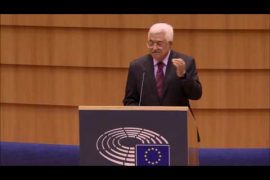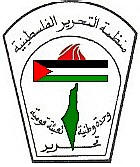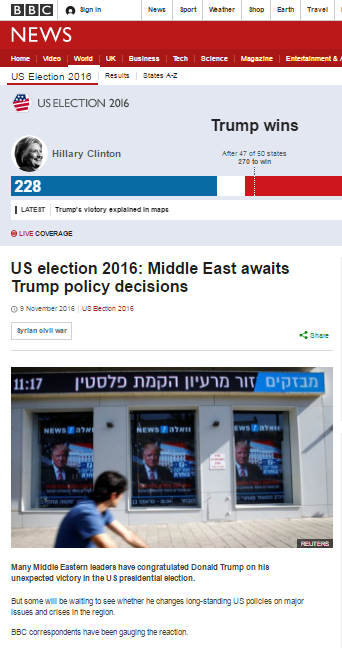Back in February 2018 we noted that BBC audiences had seen no meaningful coverage of a long-running dispute between Lebanon and Israel concerning their maritime border. That observation still stands.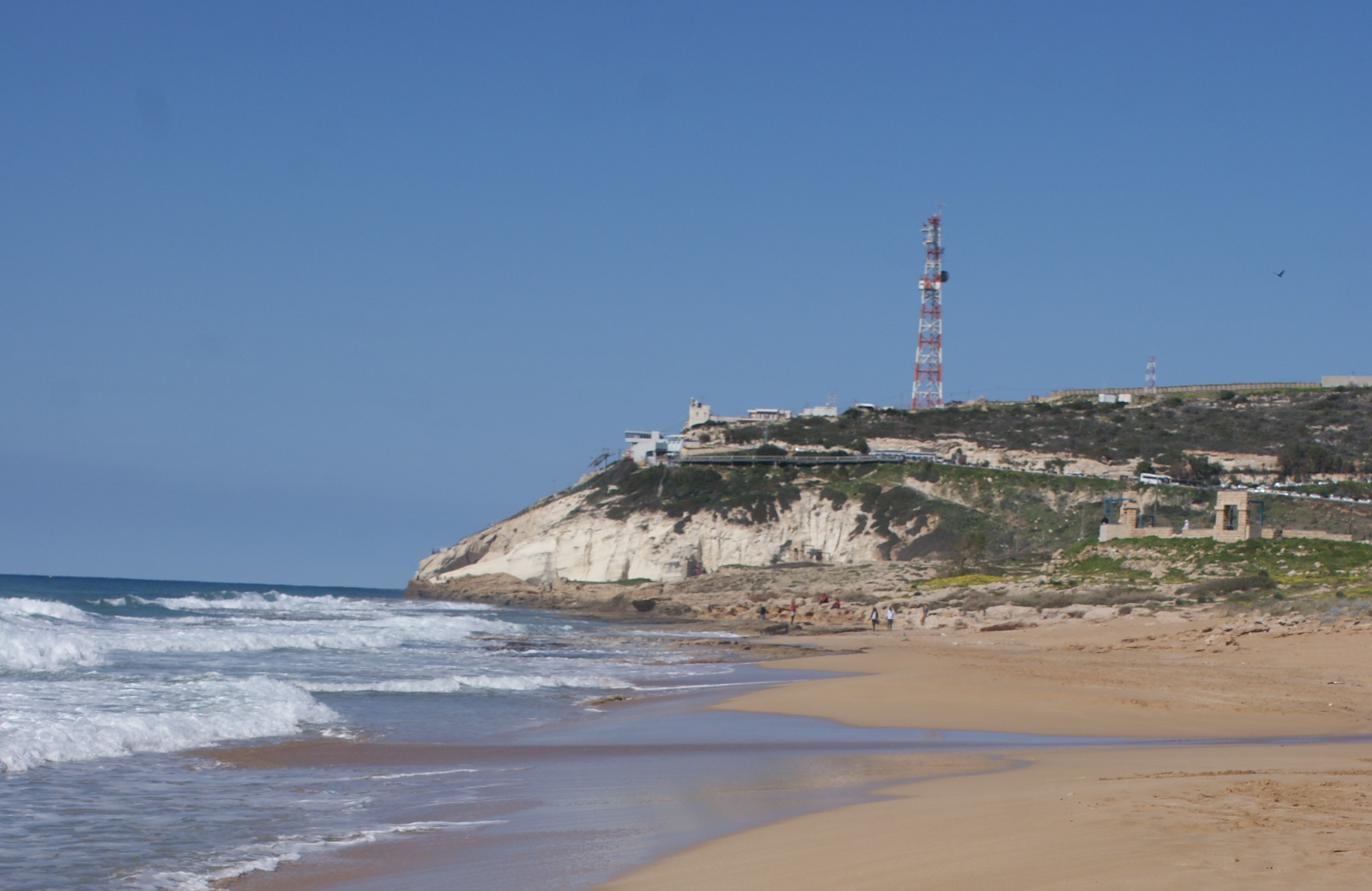
In that post we recorded that the United States had been trying to mediate between the two parties for some time, as explained in a comprehensive article by Oded Eran of the INSS.
“In February 2012, State Department Special Envoy for Middle East Peace Frederic Hof…undertook the task of mediation. Israel reiterated to him its willingness to resolve the dispute by reaching a compromise in direct talks with representatives of the Lebanese government. In April 2012, at separate meetings in London (in view of the Lebanese refusal to participate in a joint meeting), Hof submitted a proposed compromise involving division of the disputed area. On May 2, 2013, then-Minister of Foreign Affairs Avigdor Liberman approved the American proposal, even though it granted Lebanon a larger share of the area. To this day no official response from Lebanon has been received, although according to reports of US diplomats in contact with the Lebanese government, they discussed inter alia depositing the proposal with the UN. From this it appears that the proposal was acceptable to the Lebanese government.”
In June of this year Mr Eran and his colleague reported that the negotiations were to be renewed.
“In the coming weeks, negotiations are supposed to begin between Israel and Lebanon on demarcation of the maritime border between them. Agreement on forthcoming talks was reached following intensive efforts by United States Assistant Secretary of State David Satterfield, and it was decided that negotiations will be held at the UN facility in Naqoura, on the Israel-Lebanon border. Due to Lebanese opposition to American mediation, the United States will participate in the talks only as a facilitator. The conflict between Israel and Lebanon concerns an 860 sq km triangular area in the Mediterranean Sea, and stems from a dispute regarding the demarcation method (Israel marks the border as being at a 90-degree angle to the land border, while Lebanon marks it as a continuation of the land borderline). The issue grew more relevant and became an open conflict following the natural gas discoveries in the Mediterranean Sea.”
They noted that:
“The Lebanese government’s current agreement to renew the negotiations, and this time in a direct manner, seems to have been made possible by the formation of the Lebanese government earlier this year, but it is clear that the main backdrop is the urgent economic need, due to Lebanon’s severe economic hardship. […]
Moreover, it seems that there has been a change in Hezbollah’s position on the issue, as Lebanon’s willingness to negotiate would not have been possible without this organization’s approval. […]
This change in Hezbollah’s position increases the chances of reaching an agreement…”
However, the Jerusalem Post now reports that Hizballah’s stance has changed yet again.
“Internal Lebanese struggles are apparently holding up negotiations between Israel and Lebanon over demarcating their maritime border, with Lebanese Prime Minister Saad Hariri pushing for the talks to begin, but facing resistance from Hezbollah. […]
Lebanese website Naharnet reported earlier this week that France and the US expressed regret that efforts to kick-start the talks have been frozen.
The report quoted sources involved in the negotiations as saying “the Lebanese side, specifically Hezbollah, has decided to stop the negotiations due to an Iranian-Syrian intervention linked to the new tension between America, Israel and Iran.” […]
According to Israeli officials, Hariri and Druze and Christian parties are interested in settling the border dispute because the exploration of natural gas off the coast would add millions to the Lebanese treasury, which is in dire need of replenishing. Hezbollah and its patron Iran have other interests, however, and are placing obstacles in the way.”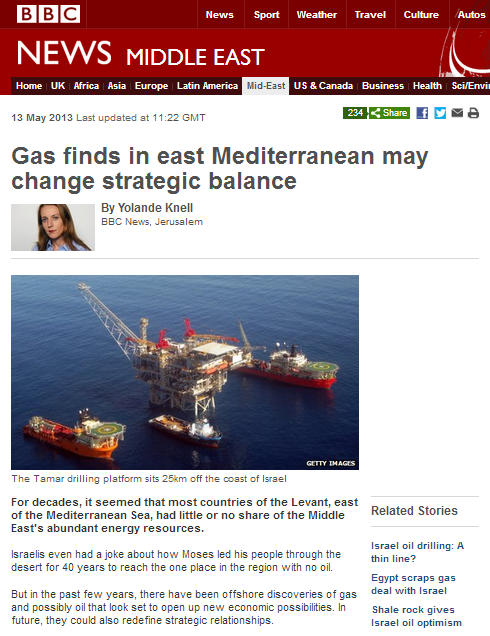
The dispute has been going on for many years but the last time BBC audiences heard of its existence was over six years ago in a written report from Yolande Knell about gas finds in the eastern Mediterranean.
“Israel and Lebanon remain technically at war and there is a dispute over their un-demarcated maritime border. […]
Political uncertainty in Lebanon means it is also unable to make key decisions, notably on the delineation of offshore blocks, which must be approved by a new cabinet.
There is currently only a caretaker government after the prime minister stepped down last month.”
Since that article appeared in May 2013, audiences have seen no further coverage of the attempts to get negotiations on track and remain completely unaware of the fact that a designated terror organisation acting on Iranian instruction is preventing the resolution of a long-standing dispute and stalling potential improvement to the Lebanese economy.
Related Articles:
A border dispute BBC audiences know nothing about
BBC’s Knell inaccurate on naval blockade of Gaza Strip

